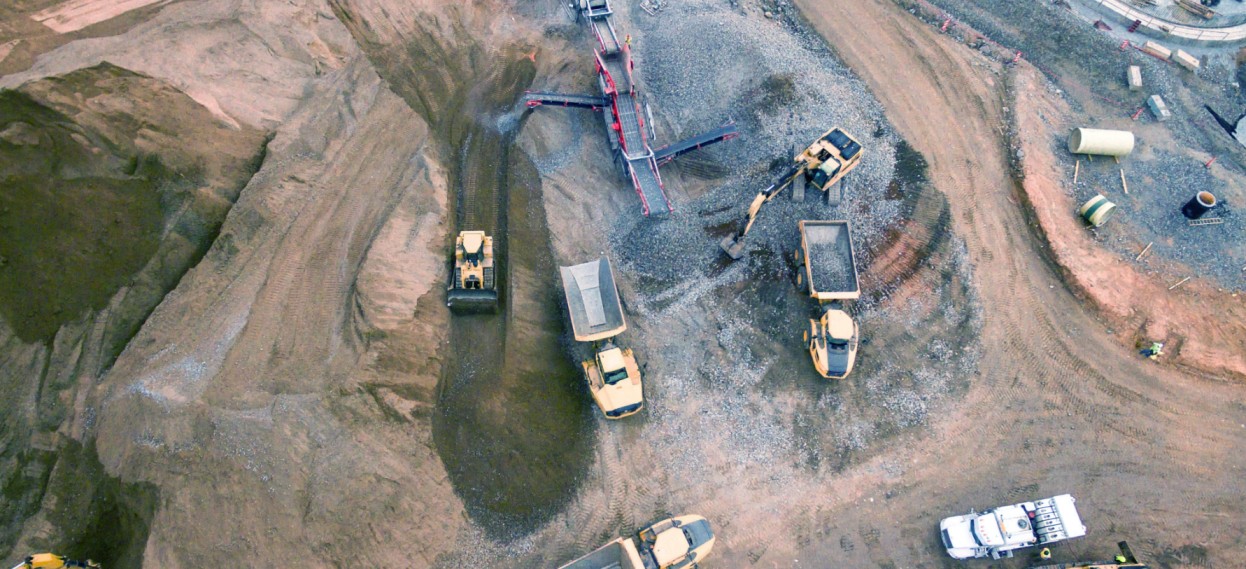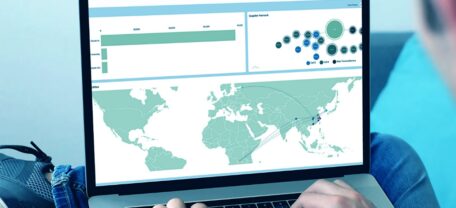

Circulor Combines Blockchain And Boots On The Ground To Revolutionize Raw Materials Traceability
Circulor is a leader in bringing traceability of raw materials to complex industrial supply chains. Most industrial companies don’t have full visibility into their supply chains, and without knowing the provenance of goods or materials, it’s difficult for companies to ensure ESG standards across their supply chains, account for risks, and manage the reduction of GHG emissions. By using blockchain and artificial intelligence Circulor enables businesses to secure deliveries, manage payments and check the provenance of their raw materials to address their sustainability goals.

Rigorous Traceability Starting At The Source
There is a growing demand for metals to power electric vehicles (and other clean energy technologies). Bloomberg estimates that EV sales will increase from 1.7M in 2020 to 26M by 2030. The primary metals in electric vehicles are cobalt, nickel, copper, and lithium – all of which have been associated with human rights and environmental issues. Circulor’s product began with a focus on traceability in order to allow OEMs, like equipment manufacturers to identify and mitigate human rights issues like child labor, fair pay and safe working conditions in their supply chains. Not satisfied with the self-reporting or estimates common to many other transparency tools, Circulor looked to provide visibility into Tier 4 and 5 suppliers in places like Democratic Republic of Congo or Rwanda where the mine sites are located. Circulor’s solution helps identify anomalies, combat fraud, identify supply chain weaknesses which helps prohibit trading materials on the black market and verify that all a customer’s materials are coming from the right source.

Raising The Bar For Scope 3 Emissions
According to the CDP, the average company’s supply chain emissions (inherited Scope 3) are 5.5 times more than emissions from its direct operations (Scope 1 and 2) but are extremely hard to accurately measure. Circulor realized that additional in-demand data such as GHG emissions could be built into their traceability tools, creating an increasingly comprehensive ESG-oriented supply chain solution with GHG emissions accounting, carbon offset claim identification, and an ESG scorecard to evaluate supplier risk.
Circulor prides themselves on their data integrity, not solely relying on self-reported data, or insights derived from generic benchmark data, like many ESG solutions. Since their product works by tracing raw materials through their entire supply chain, the more clients they bring on, the more expansive their databases become as they map out the supply chain for each customer creating a network effect. This creates a data pool that will enable clients to make better supply chain decisions to optimize for a more environmentally conscious supplier, or one with better labor practices.
Looking to the future as they seek to expand their customer base and global network of suppliers, Circulor is laser-focused on setting the highest standards for ESG supply chain data.

